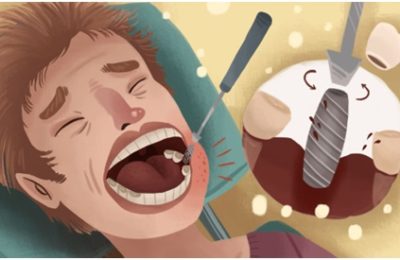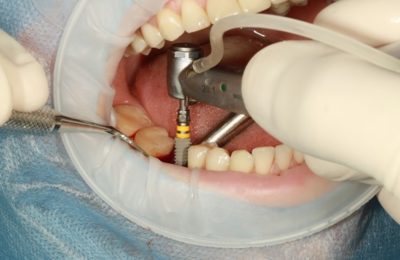Finding the right kind of treatment program for addiction is a personal issue and much depends on individual circumstances and the nature of the addiction involved. As part of the initial decision to pursue alcohol rehab, it’s important to decide whether outpatient or inpatient addiction treatment is the best option.
While outpatient rehab can be the best choice for parents or those unable to make a residential commitment, inpatient alcohol rehab centers offer completely immersive facilities 24-hours a day so that patients are focused completely on their recovery during the time they’re there.
Here we take a look at the various types of treatment programs available and the advantages of each:
Inpatient Rehab
Detox is the first phase of inpatient rehab and it’s ideal that a patient is present throughout this part of treatment to ensure the process is completely supervised. Withdrawal symptoms can vary from person to person and need to be monitored by qualified staff in a specialist facility equipped to manage the detox process. The severity of withdrawal depends largely on the substances involved in the addiction but some can be life threatening, depending on if there are any underlying medical conditions. For this reason, inpatient addiction treatment is the only way forward for specialist medical detoxification.
An inpatient rehab facility is also more beneficial for the treatment of psychological conditions associated with drug and alcohol addiction. This is usually the second phase of treatment after detox and usually consists of a combination of medical, psychological and emotional support, with group therapy sessions involved. The more intense the effects experienced by someone when addicted, the more treatment is required to make the journey through to a life of sobriety. An inpatient program provides all the necessary skills they need to function in society after treatment both at home and at work or school.
Outpatient Rehab
For some people, inpatient alcohol or drug rehabilitation is not an option. Whether it is for financial reasons or an unwillingness to be away from work or school, inpatient rehab isn’t for everyone. Although the treatment programs vary slightly in outpatient rehab, there are very effective alternatives available. In an outpatient alcohol rehab center, patients meet with an intake counselor initially for a complete assessment of the individual’s needs prior to making a start on a treatment program.
The factors taken into consideration when devising the right kind of outpatient treatment is the severity of the addiction, how long it has been present and the individual’s daily life commitments and health. The length of the outpatient rehab program will vary according to these factors; some may involve daily sessions of 8-hours and others for just a couple of hours each day. Outpatient rehab programs follow the same lines as inpatient treatment with group and individual therapy, medical assistance, and life skills training and there is generally plenty of support to prevent relapse when a patient is away from the rehab center.
Extended Care and Long-Term Addiction Rehab
Not everyone feels ready to return to daily life after an inpatient or outpatient rehabilitation program and many need extra support for a life of sobriety. There are extended care programs available to cater for this group of people, where patients can choose to extend their care for as long as they feel they need the extra support. Extended care is delivered in either an inpatient or residential facility or in private therapy arranged close to the patient’s home.
People who have been through rehab can also opt to go into a ‘halfway’ house which is an alcohol-free living environment where people in recovery live together in support of each other’s sobriety. This can be a great stepping stone back into daily life outside of a rehab setting and has been proven to significantly reduce the threat of relapse.
The length of an extended care program is determined by the patient themselves because it is designed to provide discretionary support to those who feel they need an extra boost towards sobriety. Although these facilities are not located in a clinical or hospital setting, they do have access to 24-hour medical support and there is generally warden staff on-site for additional supervision of care.
Conclusion
As most people are aware, addiction is not discriminatory and there is no single stereotype fitting the profile of every addict. For that reason, treatment is an individual journey and what works for one person, won’t for another. Finding the right rehabilitation facility is the first step in ensuring a life of sobriety after treatment as treatment programs designed around specific personal circumstances are always going to be more effective in the long term.













